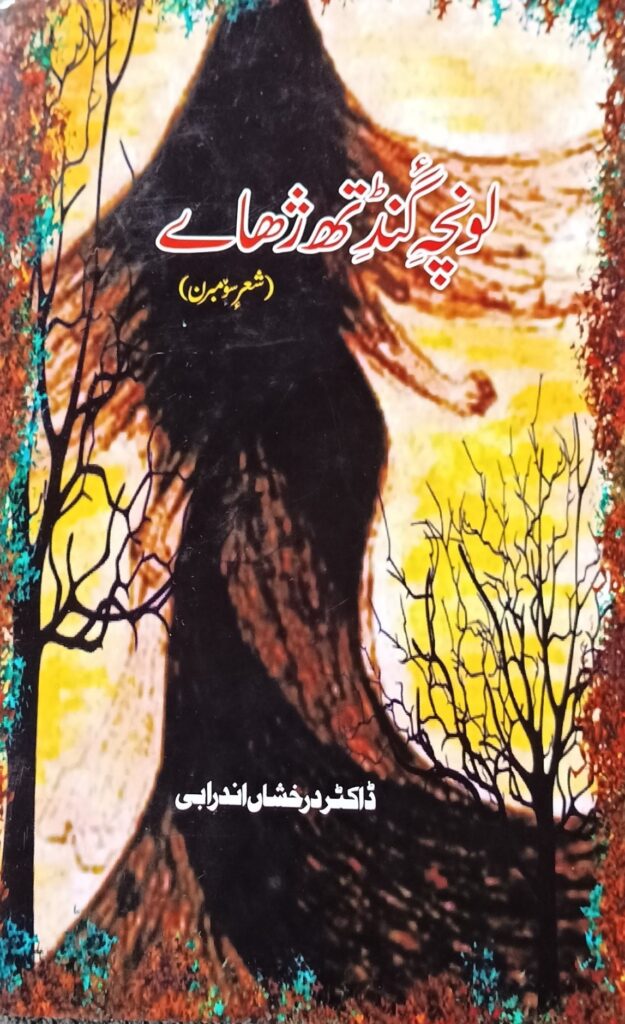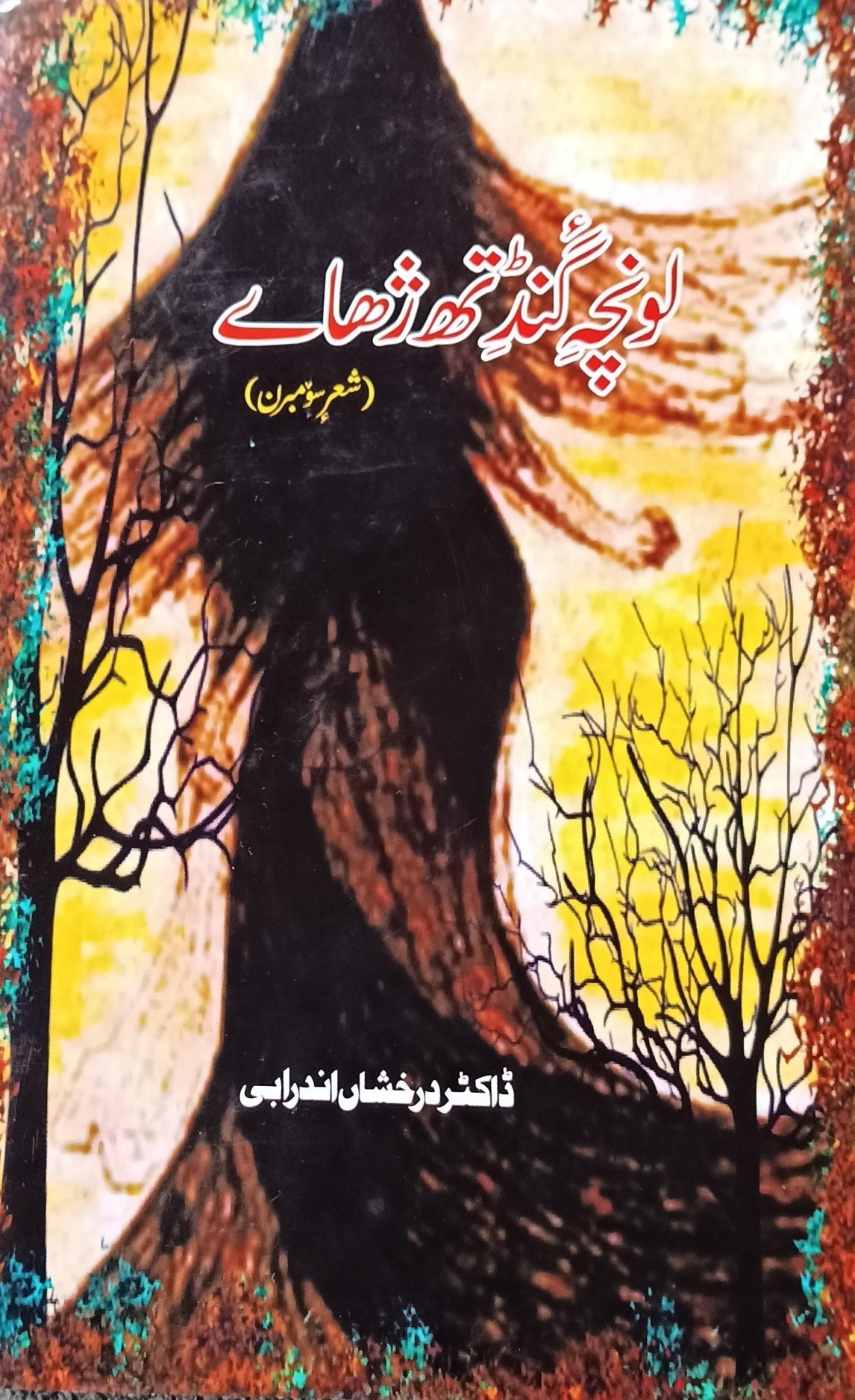By Rayees Ahmad Kumar
Dr. Darakhshan Andrabi, the chairperson of the Jammu & Kashmir Wakf Board, has garnered widespread acclaim for her transformative leadership, ushering in revolutionary changes within the board. Since assuming control, she has not only revamped the long-standing, ailing system but has also directed her efforts towards reinstating the board’s lost eminence. This commendable endeavor extends beyond administrative reshuffling, encompassing substantial enhancements in infrastructure and facilities at the board’s major shrines and Khanqahs, fostering widespread approval from the public irrespective of sectarian lines.
Under Dr. Andrabi’s unwavering commitment, the once-reluctant devotees are now thronging to these sacred sites, seeking blessings and spiritual solace. This resurgence is poised to contribute to the establishment of a social fabric that the region has long yearned for—a testament to the legacy that had been dormant for too long. Beyond her role as the chairperson of the Jammu & Kashmir Wakf Board, Dr. Darakhshan Andrabi, a proud daughter of the land, is also renowned as a distinguished litterateur of Kashmir. Her literary contributions span almost a dozen books in both Kashmiri and Urdu, covering poetry, criticism, and translation works.
Among her notable works, the focus of this review is on her latest masterpiece poetry collection, “Loonchi Gandith Tchaai.” Comprising 28 poems, 20 Ghazals, and 5 untitled Ghazals, this 128-page collection showcases Dr. Andrabi’s literary prowess. The cover, artfully designed by Jameel Ansari, complements the poetic richness within. Published by Rehbar Offset Printers Delhi, this collection stands as a testament to Dr. Andrabi’s dedication, with the book being a heartfelt tribute to her spiritual guides who have consistently guided her along the right path.
The proem of the book, penned by Farooq Nazki, a distinguished broadcaster and literary figure of the valley, delves into the roots of Kashmiri poetry, acknowledging luminaries like Lala Ded and Sheikh Noor Din Noorani, who laid the foundation for the language’s international recognition. Nazki draws parallels with the great works of Kalidas while expressing how Dr. Andrabi’s poetry evokes the creation of poetic couplets in the mind of the reader.
The title of the collection, “Loonchi Gandith Tchaai,” is both meaningful and thought-provoking. Chandar Bhan Khayal praises Dr. Andrabi’s unique and special texture in her poems and Ghazals, foreseeing a bright literary future for the author. The poems cover a spectrum of themes, from profound spiritual devotion, as seen in “Ya Mohammad Saw,” to the intricacies of human relationships, showcased in “Misheeni.”
Dr. Andrabi’s poetic finesse is evident in each piece, such as “Balyaras Balas Peath Mana Nawan,” which opens the book as a masterpiece, showcasing her creative prowess. Ghazals like “Samandar Weath Teamis Doun Lalani Manz” and “Shitleaw Peath Waswun Daryaw, Biti Cheas Eath Manz Pheatimich Naw” further display her command over Kashmiri vocabulary and her distinct style of writing poetry.
The collection covers a diverse range of topics, from worldly pleasures in “Khouchun” to societal reflections in “Sawaal.” Each piece reflects Dr. Andrabi’s deep understanding of human emotions and societal nuances. The Ghazals, such as “Miyani Sukrata Bi Cheas Praran Zahruk Pyala Heath,” delve into global and historical events, showcasing the author’s vast knowledge and experience.

Dr. Darakhshan Andrabi’s unique style of composing poems sets her apart from contemporary poets. Her poems are not mere wordplay; rather, they are intricate essays laden with profound lessons. To fully appreciate her work, one must be acquainted with the original Kashmiri vocabulary. The collection is a masterful compilation, a gift for those seeking a profound understanding of poetry. Dr. Andrabi’s contributions extend beyond this collection, with other notable works including “Chaman Barag Reaz,” “Hatheli Pa Suraj,” “Makhmoor Saedi,” “Zuwis Peath Akh Raat,” “Tarakh Nabach Tarakh Mouth,” “Akh Chal Zamin Akh Chal Asman,” and “Jihar,” showcasing her ongoing commitment to inspiring the younger generation.
The views expressed in this article are solely those of the author and do not necessarily reflect the opinions or views of this newspaper

Leave a Reply